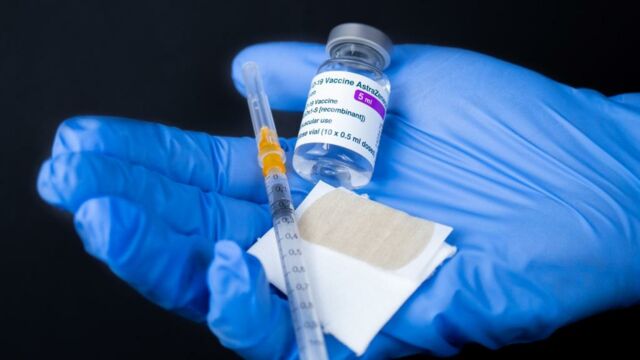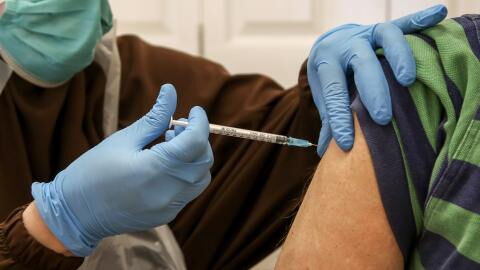After months of uncertainty around whether or not there will be a booster programme, the government has finally announced its plans to roll out the third vaccine for a part of the population. Yesterday (15 September) a COVID briefing in Downing Street revealed all the details for the upcoming programme, including which vaccines will be administered and AstraZeneca was not on the list.
Discover our latest podcast
Recommended vaccines
In the briefing, Professor Wei Shen Lim, member of the Joint Committee on Vaccination and Immunisation (JCVI) said that the clinical trials for the booster jab revealed that they have a preference for mRNA vaccines, which include Pfizer/BioNTech and Moderna. He said:
In terms of which vaccine product to use, we are advising a preference for mRNA vaccines. That is either the Pfizer/BioNTech vaccine or the Moderna vaccine. This is based on a range of data from different clinical trials, including a very important trial called the Cov-Boost trial which was performed or conducted in the UK.
Professor Lim explained that a third mRNA vaccine boosted immune response after two primary doses of either the Pfizer vaccine or the AstraZeneca vaccine. He added:
In other words, it doesn’t matter what people received for the first two doses, having an mRNA vaccine as the third booster dose gives a very good response.
Deputy Chief Medical Officer for England, Jonathan Van-Tam, added that their decision to move forward with the Pfizer and Moderna jab for the booster programme does not erase the efficacy of other vaccines. He said:
The data considered and presented to you today in the findings are about boosters. They are not about primary courses and all of the vaccines so far given in the UK for primary courses remain safe and effective.
Who is eligible?
All those above the age of 50 will be eligible to receive the booster jab a minimum of six months after their second dose. Furthermore, younger adults who are frontline health workers, and those who are immunocompromised and have health conditions will also be recommended for the third dose.
Professor Lim mentioned that as of now they are only advising one booster jab, which means that individuals will not have to get vaccinated every six months. He also clarified that 'younger healthier people' may not need a third dose. However, he did admit that advice on the booster programme could change depending on how the situation evolves. He said:
I don’t think I can say very much about future booster programmes because we just don’t have the data, we don’t know what might happen.
I think we need to keep our options open – I wouldn’t want to exclude any options at this moment.















